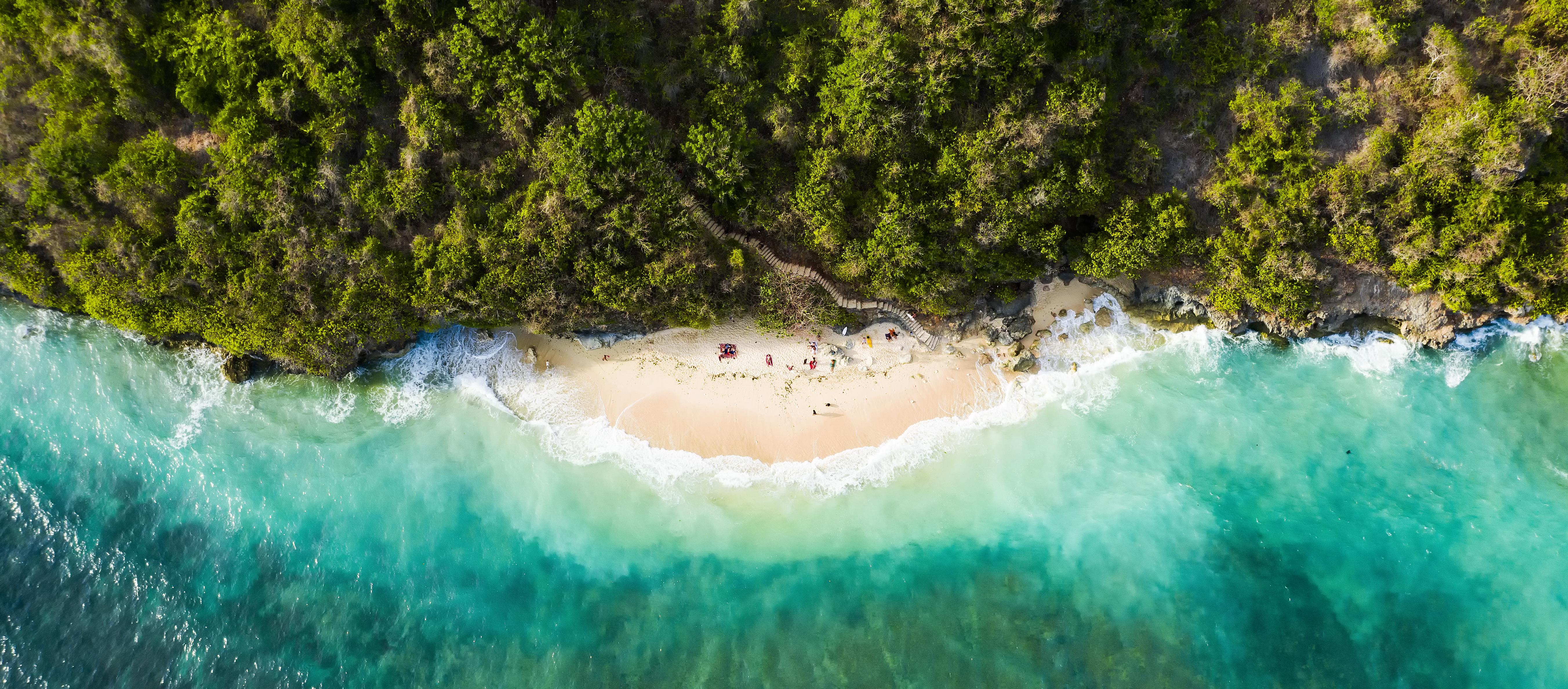* Names withheld to protect the identity and privacy of sources
To read the original report, written in Indonesian on Tirto.id, click here.
Anelis*, one of the sex trafficking survivors in Denpasar, Bali, was trafficked in late 2019 after she met a guy named Roy* through her friends. One day, Anelis was asked by Roy to join him and two other friends to go to the famous vacation spot Bedugul, about 8 km south of Denpasar.
After spending two days at a hotel, the four people ran out of money to pay the bills. Anelis, who was 16 years old at the time, was held captive for two months and forced to become a sex worker using an online messaging app MiChat. Anelis was beaten so badly if she refused to take guests. She sometimes took around four guests per day. Anelis managed to run away after she found out the door was unlocked when Roy was away.
According to the Global Slavery Index, there are an estimated 1,220,000 Indonesians enslaved today. Many of these men, women, and children are trafficked for labor or domestic servitude domestically and internationally, while others are exploited in the sex trade. About 43% of Indonesian trafficking victims are between the ages of 14-17.
Among the many people trafficked in Indonesia, only a handful cases were prosecuted. In 2019, according to the 2020 Trafficking in Persons report, the national police arrested 132 individuals for alleged sex trafficking. They initiated 102 case investigations, compared with 95 in 2018 and 123 in 2017. Yet only 26 cases were handed to the Attorney General Office.
Not only within its legal system, Indonesia has weak procedures in protecting and restituting human trafficking survivors, according to Krisdiyanti Mayangsari from the NGO Generasi Bisa Indonesia (Gerasa). Most of the time, victims of human trafficking were sheltered by NGOs, as the Protection for Witnessess and Victims Agency (LPSK) and the Social Affairs Ministry, two state actors responsible for victims of violence and trafficking, do not have enough budget to do so.
“We have coordination with the government,” said Mayangsari. “But the first thing we do is to make sure that they are safe by providing shelters. Then we provide psychological counseling and practical skills training so that they can have a better life and lift the trauma.”
Anelis was still traumatized when Gerasa approached her. It took two months until she could open up and engage in normal activities. She went back to school shortly after and learned beauty skills, such as eyebrow embroidery and makeup.
“I am lucky and feel grateful, though it was really a nightmare,” said Anelis. “But I am ready to leave that behind.”











